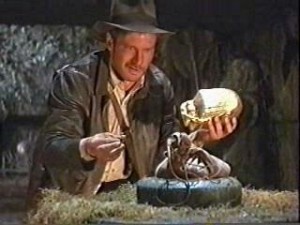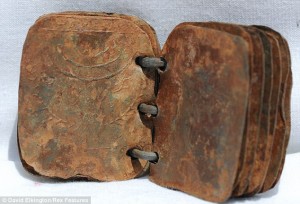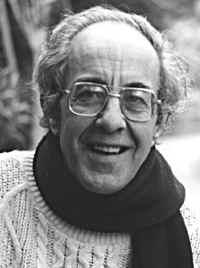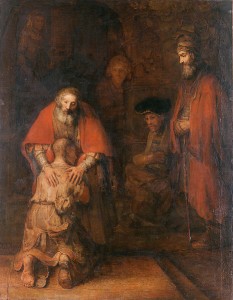It’s true that life is tough. And when you realize that it’s tough, it gets a little better. It’s hard not to get lost in the darkness. Suffering is immediate rich and important in a way that our small daily joys pale against.
Which is why it is essential to remember that life is good.
As I was leaving the Emmanuel Orphanage in Delhi, Lakshmi, a six year old girl with piercing blue eyes clung to me and cried “Uncle, Uncle!” She, and all those around hre had been abandoned and persecuted their entire young lives, but they still knew how to love deeply, in a way I struggle to remember. Life is good.
I know a guy who begrudgingly gave the keys of his car to a single mom he barely knew for two weeks. They are good friends now. Life is good.
A friend of mine has often thought that he could ever get a “good girl.” He felt like the only ones interested had different values and would treat him poorly. Then he met a girl, and has been attached to her at the hip ever since. Seeing them together is life seeing something that was always meant to be. Life is good.
Another friend of mine went to a foreign country to work with an NGO. His work was interupted when his teammates were captured, and he had to spend to next few months there negotiating their release. As heartwrenching as that was, he also sees it as the most important thing he has ever done. He took a furlough to recover, and is returning calmer, closer to God, and more excited about discipleship than ever. Life is good.
I get depressed sometimes. This summer was one of those. In the midst of that, I got a small, unexpected gift that helped shake me out of my myopic viewpoint. Life is good.
The scriptures teach when God created the world he called it good. When he created man, he called man really good. Then, sin wrecked all of that. Twisted and misshapen, like a fun house or a computer photobooth. But when we look behind the brokenness, we get to see that there is a heart wrenching beauty to it all.
The scriptures teach that this is not the way it was meant to be. Life is meant to be good. God has restored, is restoring and eventually will restore in full.
In time, the heartwrench will be over, and all we will see is that Life is Good.














 Tweets
Tweets